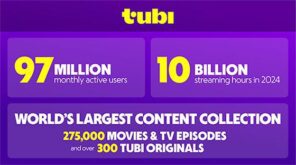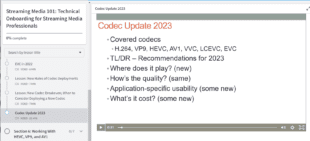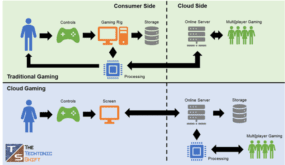Last week, Netflix admitted that they artificially throttle the data rate of videos transmitted over AT&T and Verizon cellular networks to limit bandwidth consumption and the associated overage charges. Netflix doesn’t throttle video streams transmitted on other cellular networks like T-Mobile and Sprint that don’t charge for overages. The story was broken by the Wall Street Journal, who raised issues about net neutrality, and expended by PR Week. Streaming Learning Center chief blogger Jan Ozer played a role in both articles.
The Wall Street Journal reporter, Ryan Knutson, contacted the Streaming Learning Center, asking for help confirming that transmissions to AT&T/Verizon mobile devices connecting via cellular (rather than Wi-Fi) were artificially low, and to determine if Netflix or the cellular networks were causing the throttling. Knutson described his test procedures, and shared an existing YouTube video that seemed to indicate that streams to ATT/Verizon were throttled. Ozer duplicated and filmed the process in this video.
 Streaming Learning Center Where Streaming Professionals Learn to Excel
Streaming Learning Center Where Streaming Professionals Learn to Excel




